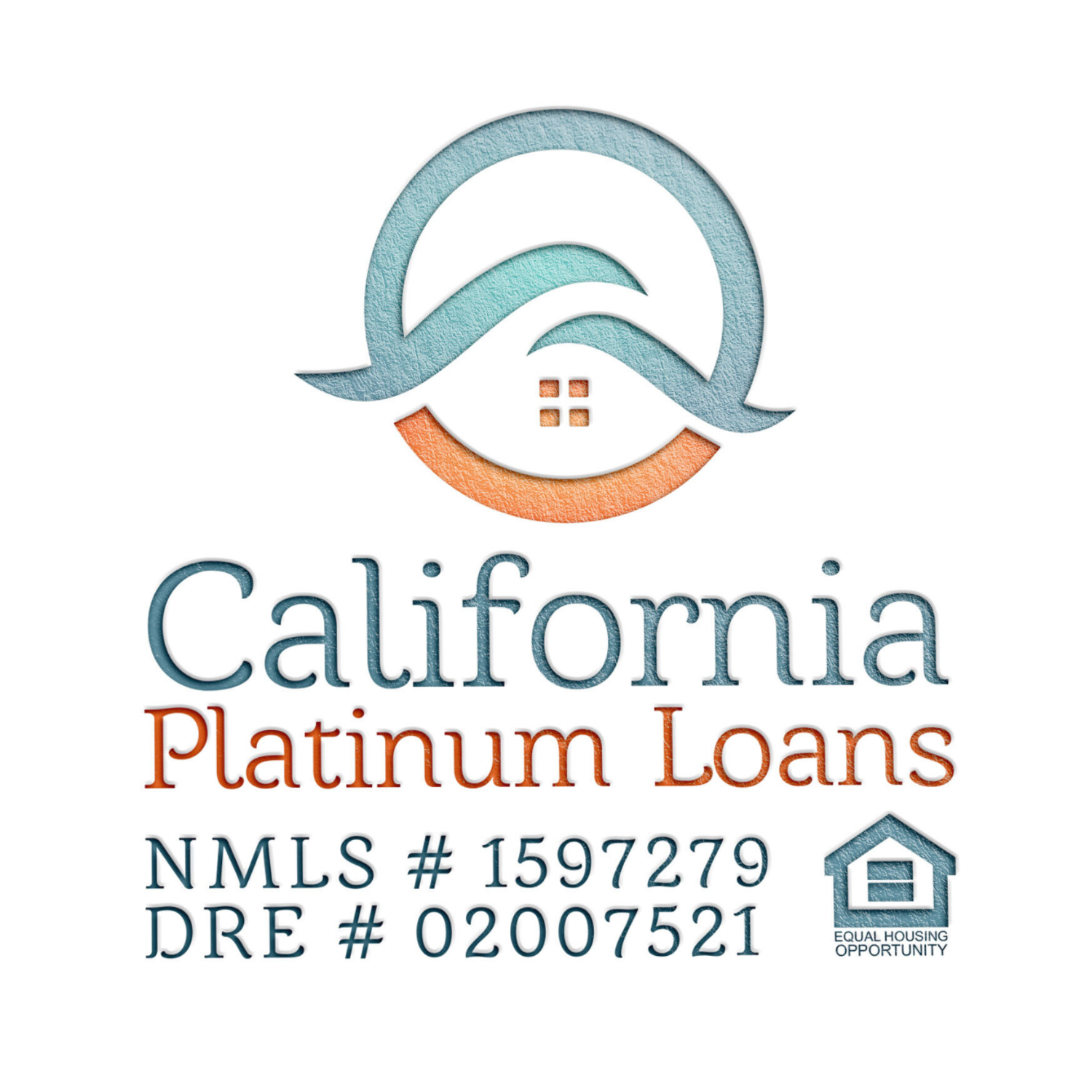For a discussion of nonprofit, voluntary neighborhood advocacy groups, see neighborhood association. In the United States, a homeowner association (or homeowners association) (HOA) is a corporation formed by a real estate developer for the purpose of marketing, managing, and selling of homes and lots in a residential subdivision. It grants the developer privileged voting rights in governing the association, while allowing the developer to exit financial and legal responsibility of the organization, typically by transferring ownership of the association to the homeowners after selling off a predetermined number of lots. Membership in the homeowners association by a residential buyer is typically a condition of purchase; a buyer isn’t given an option to reject it. Most homeowner associations are incorporated, and are subject to state statutes that govern non-profit corporations and homeowner associations. State oversight of homeowner associations is minimal, and varies from state to state. Some states, such as Florida and California, have a large body of homeowner association law, and some states, such as Massachusetts, have virtually no homeowner association law. The fastest growing form of housing in the United States today is common-interest development (CID), a category that includes planned unit developments of single-family homes, condominiums, and cooperative apartments. Since 1964, HOAs have become increasingly common in the USA. The Community Associations Institute trade association estimated that HOAs governed 24.8 million American homes and 62 million residents in 2010.
Get Started
Contact Us
-
6303 Owensmouth Ave 10th Floor
Los Angeles, CA 91367 - info@CAPlatinumLoans.com
- 1-800-216-1047
- 1-818-488-2076
